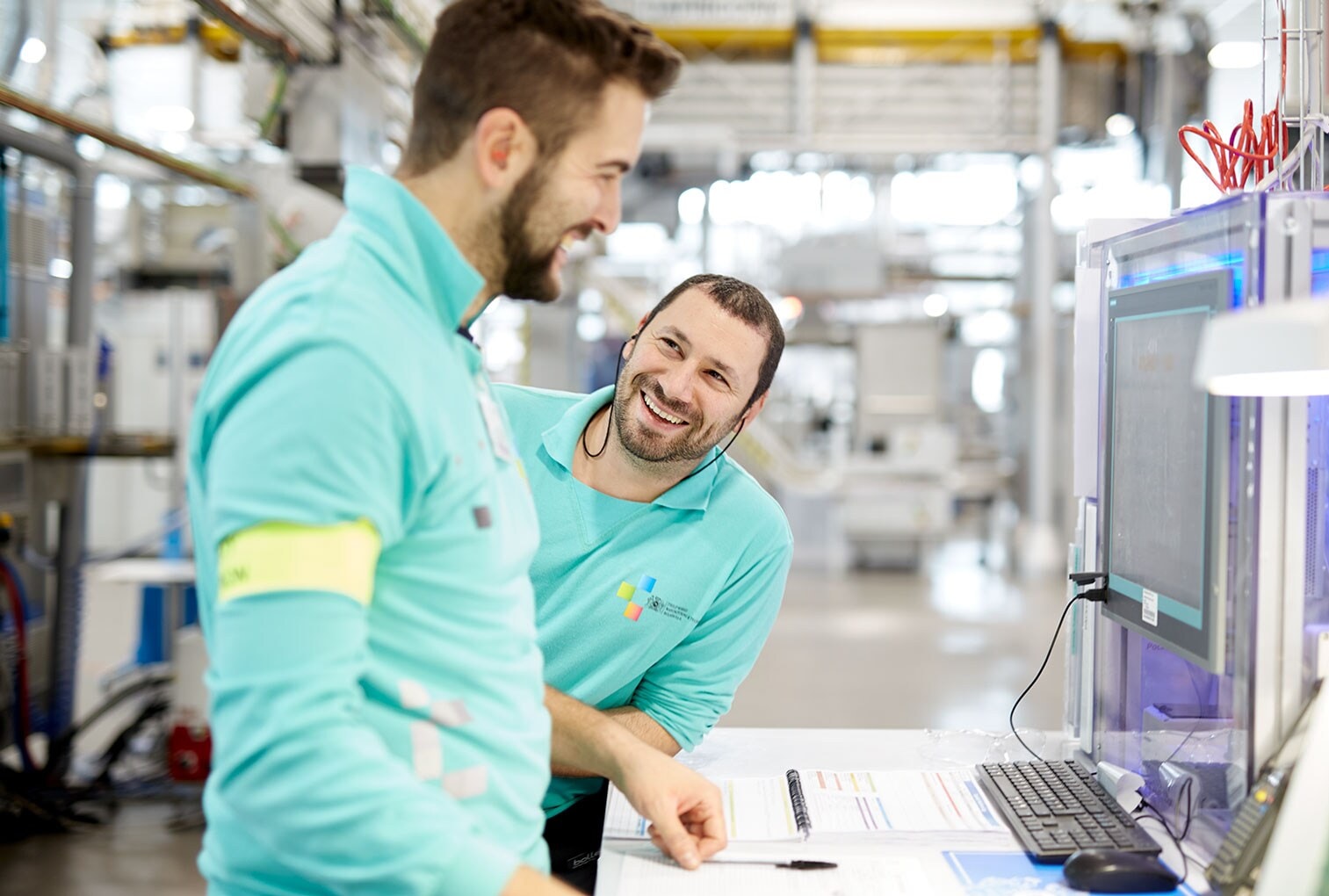Speak to any successful entrepreneur, and they’ll likely ooze positivity, a can-do attitude, and a belief that they’ll deliver on their vision. They certainly didn’t get to the top by doubting their ideas and sabotaging well-laid plans. But no matter how senior your role, leaning in to the positive can benefit both your work and personal life, and your health.
As a reformed pessimist, I have witnessed how negativity can impact both individuals and teams in the workplace. But I’ve also seen how positivity can power new successes and dissolve that gloomy outlook. Granted, it can be challenging to feel positive right now. COVID-19, geo-political issues, high global inflation, supply chain shortages, and the effects of climate change are causing us all concern. But these challenges only increase the need for positive thinking.

Frederic Robin,
Senior Manager, NXT Primary, Operations,
Philip Morris International (PMI)
Interestingly, some cultures are more predisposed to being negative. Being raised in France, a nation sometimes portrayed as pessimistic, negativity was commonplace in my culture. Like many, I felt this mindset would prepare me for the harsh realities of life. And yet, as I began my career and worked in different countries, I began to realize how pernicious this attitude was. It didn’t help—it hindered. Without doubt, a positive mindset is particularly important for those working at PMI, a company transforming to deliver a smoke-free future. So, I’ve now made positivity a conscious, structured habit and try to influence my colleagues to do the same.
Here are my six tips on how to cultivate a positive mindset …
Make positive thinking a habit
When taking on a new project or way of working, it’s easy to come up with “challenges,” but make the positive approach your default response. Before I joined PMI, I was excited to be working in a renowned R&D center, and found myself enthusing to an experienced team member about what it was like to work there. However, I was subjected to a barrage of negativity, with the colleague complaining about what was wrong with the workplace. Needless to say, it was not the most encouraging start to my time there. That negativity proved infectious, and I noticed my colleague’s mindset impacting on my feelings. I decided to make a change and—although I addressed the challenges and realities of my role—I deliberately brought a positive but curious mindset to work going forward.
Read more from Voices of Change
Focus over what you can control
We can waste a lot of time dwelling on things or people that are outside of our control. As renowned U.S. psychiatrist Dr. Karl Menninger once said, “Attitudes are more important than facts.” In work, we can experience ups and downs, but there’s no benefit lingering on past failed projects you can do nothing about. Live in the now and focus on tomorrow. If your project has a realistic possibility of succeeding, the big question is: “How can we achieve that?”
Shut off the negative noise
Thanks to social media and the “always on” culture, we are besieged with information 24/7—much of it negative. Of course, we should be aware of what’s happening in our immediate and extended worlds, but echo chambers of mocking or anger provide no benefit to our wellbeing. Consider the “do not disturb” function on your phone for quiet time in the evening, turn off or reduce social media and news apps notifications, or set a no-phone rule for the last hour before bedtime.
Surround yourself with positive people
Of course, you can’t always avoid negative people at work, but seek out positive peers to bolster support and help you maintain a solution-focused outlook. Positive people are likely to achieve better outcomes than groups where negativity and cynicism prevail.
In the work environment, it can be easy to get dragged into a negative conversation at the water cooler or over coffee. Now, I just steer the topic back to something positive or make an excuse to leave and get on with my day.
If you think positive, the positive will happen
Do you see the glass half-empty or half-full? If it’s the latter, you are the type to have hope for the future—immediate or long-term. Manifestation has become a popular topic of conversation in recent years, with many people attributing their successes in personal and professional endeavors to their mode of thinking. When I’m designing a new line, I try to visualize the project and tell myself “this will work.” Of course, perhaps it won’t, but rather than waiting for it to fail, you’ll never succeed if you don’t.
But beware of toxic positivity
Whilst a positive attitude is a valuable trait, we should be balanced and beware of discounting genuine problems or learning from our mistakes. Earlier in my career, a previous manager ignored my frustrations with a project outcome, instead telling me to “think positive.” His feedback was very “corporate”—dismissive even—and I didn’t feel heard. When I started managing, I fell into this pattern myself, but later realized this was toxic positivity (being falsely upbeat and blocking out the reality of the situation), so now I try to acknowledge that sometimes things are not fine. Talking it through properly helps find solutions that enable us to improve or overcome challenges.







